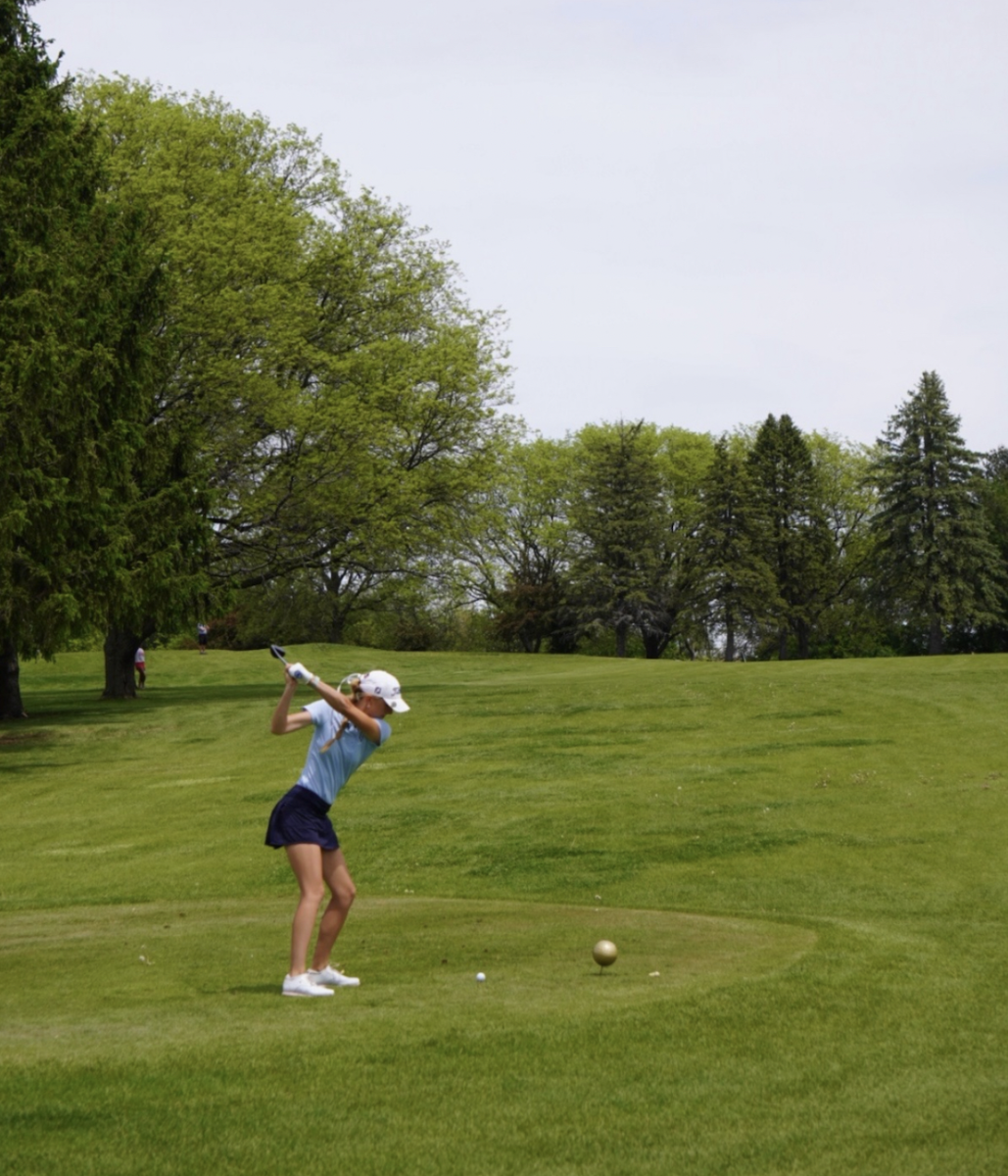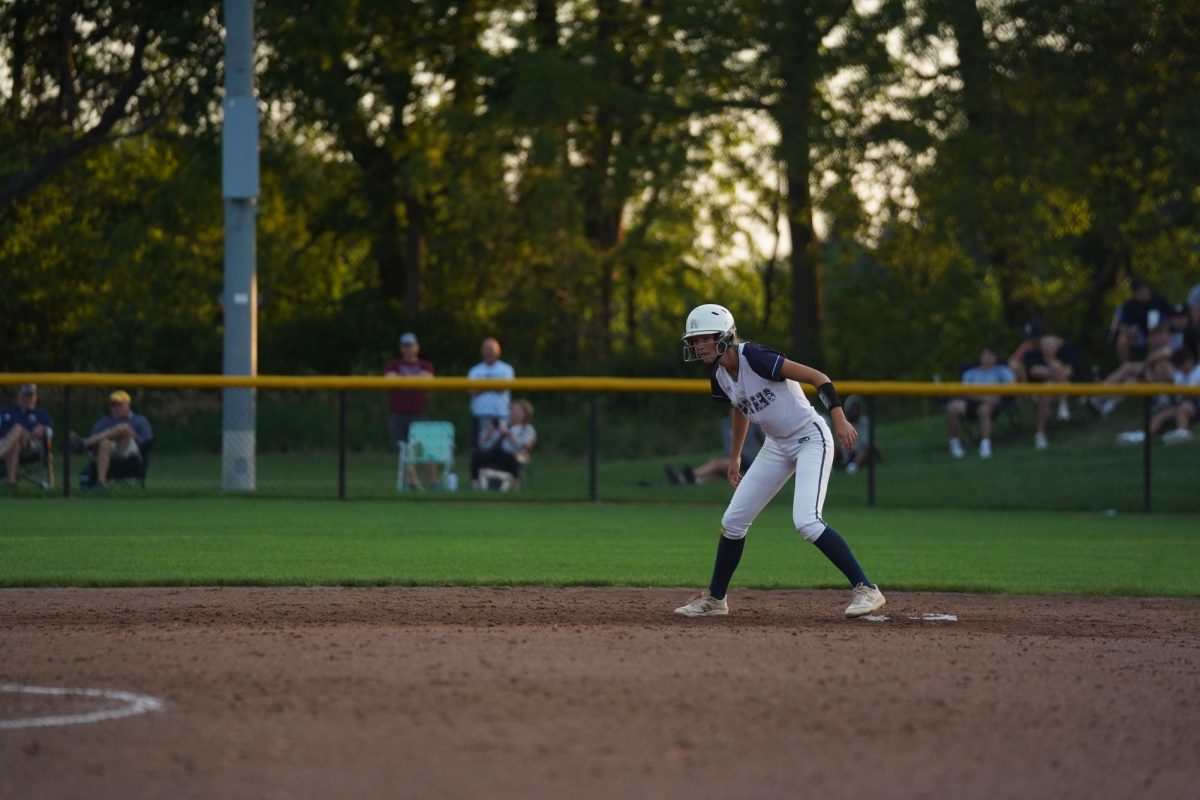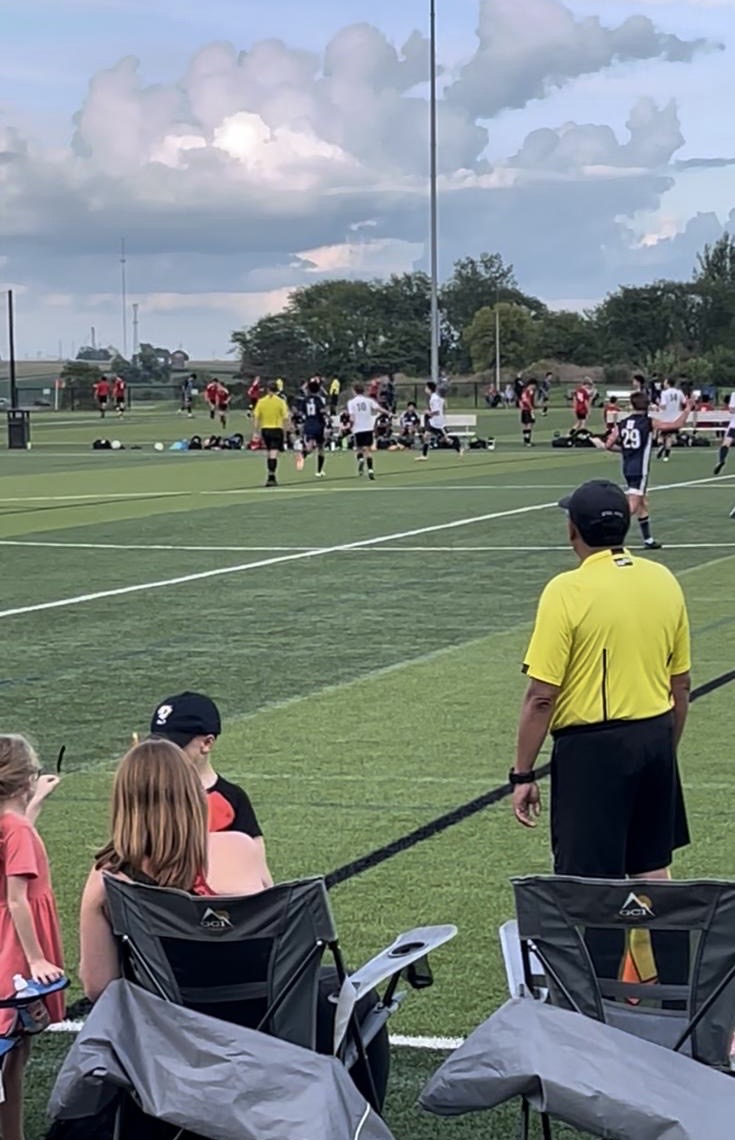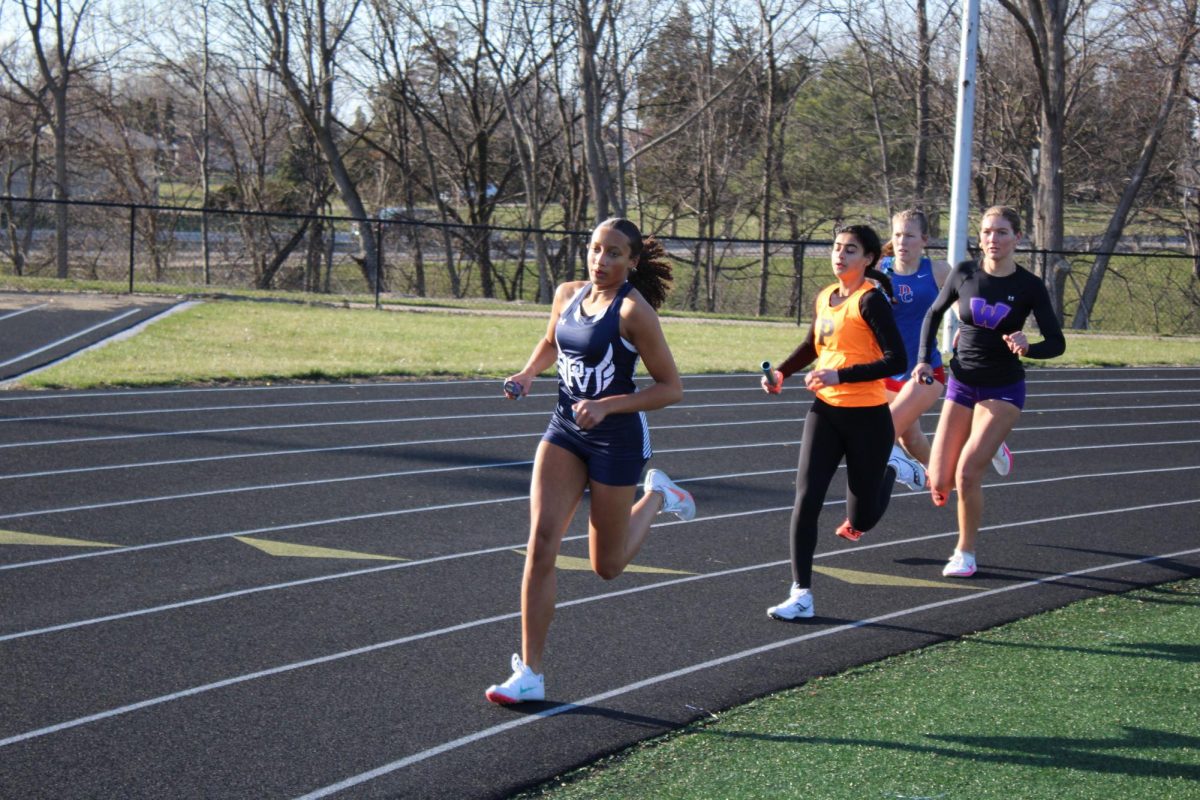The 2024 Paris Olympics marked a substantial step forward for women in sports–the first year with an equal number of female and male athletes. Yet, many of these positive moments were overshadowed by controversy.
Many women took to social media to share how empowering and inspiring these athletes are to themselves and their daughters. On these olympian’s pages, like Ilona Maher’s, women comment thanking her for being positive, smart, strong, athletic and a role model. Others comment about the women and girls who will be inspired to try rugby because of her confidence.
Not only did these women break barriers and set records, but they embraced one another in sportsmanship and camaraderie, showing femininity in strength.
Most notably, U.S athletes Katie Ledecky (swimming) and Simone Biles (gymnastics) earned their 14th and 11th medals, respectively, the U.S. Women’s Basketball Team won their 8th straight gold medal and the U.S. women’s rugby 7’s team won the first medal for U.S. rugby. Despite being some of the most dominant women in their sports, they never fail to uplift other female athletes.
Photographers captured moments of Biles and fellow U.S. gymnastic gold medalist Jordan Chiles bowing to Brazilian gymnast Rebeca Andrade following her gold medal floor routine, and Ledecky and Ariarne Titmus holding their hands in the air for one another after winning gold and silver medals.
The support between the Olympic women was one of many ways they shared powerful messages to the public. Coach Jane Wheeler appreciates the greater acceptance of strong, athletic women in comparison to the past and spreads messages of body positivity to the students she coaches.
“I have been coaching for 22 years and I’ve been an athlete for 30-some years, so I’ve seen the ideal [athlete body] evolve over my lifetime. I’m very happy that it has evolved in a more healthy way. For one, embracing strength in women mentally and physically. All body types can be amazing, and that it what I always talk about with my children and my team. I don’t worry what your bodies looks like, but what your body is capable of doing, and celebrating that our bodies are able to do such awesome things,” said Wheeler.
Women and athletes of similar age to Wheeler’s cross country runners have taken note of Maher’s impact on body positivity in women’s sports.
Maher has shared empowering messages to women and girls in sports, especially sports perceived as masculine. After being regarded as masculine due to her strength and size, Maher shares ‘feminine’ content, like makeup application and showing off her favorite dresses, displaying how she can be both feminine and a force on the field.
Rower Sophia Foad feels her team is an example of what Maher promotes. Foad appreciates being surrounded by athletes who want to be strong, fuel themselves and appreciate what their body can do rather than what it looks like. This positive environment was helpful as she made the transition from cross country to rowing. “When I first switched from cross country to rowing, I thought I don’t ever want to get that big. But when surrounded by people who have a good relationship with their body and food and what they need to fuel them, it’s a much more positive atmosphere and much more healthy atmosphere,” Foad expressed.
However, the perception of strong women as masculine does not stop at rugby players like Maher. At the 2023 Boxing World Championships, gold and bronze medalists Lin Yu-Ting (China) and Imane Khelif (Algeria) were stripped of their medals because they did not pass an IBA gender eligibility test. The International Olympic Committee (IOC) believes this test is not credible.
This test is especially harmful as Khelif is a woman and has been a woman her whole life in Algeria where being transgender is illegal.
In Paris, Khelif proved dominant, winning the gold medal for Algeria, but continued to face sexist and racist comments on social media and via news outlets justifying her abilities by anything other than her talent and hard work. Former President Donald Trump even commented that the two boxers were men who transitioned to being women, despite the falsehood of such a statement. The lies spread by Trump, news outlets, and social media users accumulated into widespread false information, and displayed the negative perception of women’s bodies in the media.
Athlete Gabi Ragins, who took second place in discus at the Iowa high school state track meet, finds these comments frustrating. “People who don’t understand athletics would like to judge people’s body types, when athletes train their body for one purpose and that’s to perform,” expressed Ragins.
This especially hits home for Ragins as she doesn’t fit the stereotypical mold of a thrower. Ragins felt empowered seeing an Olympic throwing athlete competing with a similar body type to her. “The woman who won gold for discus has a body type not stereotypical for a thrower. She transitioned from being a dancer. Her body type isn’t what you’d imagine from a stereotypical thrower. She’s very lean, has a six pack, looks like a female bodybuilder. It’s nice to see someone has a more similar body type to me,” added Ragins.
The constant attacks towards women in sports reveal patriarchal issues in how society views femininity. Athletes like Biles, Ledecky, Andrade and Maher show that strength is feminine and femininity includes all body types. Stereotyping women to weakness and top female athletes to masculinity is an outdated concept. There are women of all body types performing at the highest level of their sports, and they are strong, feminine women.









